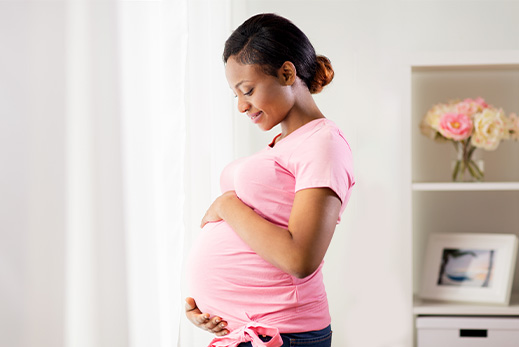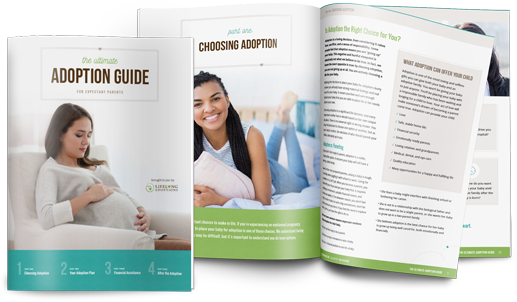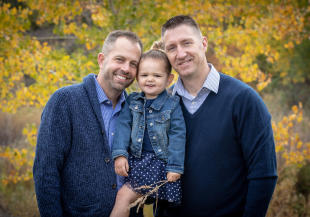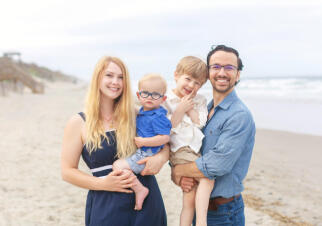Are You Pregnant &
Considering Adoption?
LifeLong Adoptions is here to help.
Get free information & support to explore adoption
at your own pace.

You’re not alone. There is help for you here.
An unplanned pregnancy can be scary and overwhelming, but we want you to know that you're not alone.
Adoption is YOUR Choice
Nothing compares to the love, bravery, and selflessness of a mother who chooses to bless a waiting family with the gift of her child. For this reason, we feel that every expectant parent — whatever choice they make — deserves to be treated with kindness and respect. Our adoption coordinators will give you the support and information you need to decide whether adoption is right for you. This is entirely your choice, and we will respect whatever choice you make.
Download the FREE Ultimate Adoption Guide for Birthmothers
Our free guide covers everything you need to know when considering adoption for your baby. Get the answers to the following questions and so much more:
- Is adoption the right choice for you?
- Is financial assistance available?
- What types of adoption are there?
- How do I choose an adoptive family?
- What happens after the adoption?
Free Assistance for Birthmothers
LifeLong Adoptions offers a safe, understanding, and non-judgmental space to explore adoption for your baby.
- We care about you and your baby. Read your rights as a birthmother working with LifeLong Adoptions.
- Our adoption coordinators are here to help you whenever you need it. Call, text, or live chat us anytime, day or night.
- Get free support and financial assistance for pregnancy-related expenses before and after the adoption.
- Look through unlimited adoptive family profiles to find the one you like best. All of our families are legally approved to adopt.
- Choose whatever level of communication you want before and after the adoption, and get in-person visits if you wish.
What does adoption offer my baby?
If you’re not ready to be a parent, you can still plan for your baby’s future by choosing to place them with a stable and loving family. Adoption is one of the most honorable and selfless gifts you can give, not only for an adoptive family, but for your baby as well. Here are just a few things you could give your baby by choosing adoption.
Make sure you have all the information you need to make the best decision for you and your baby.



























